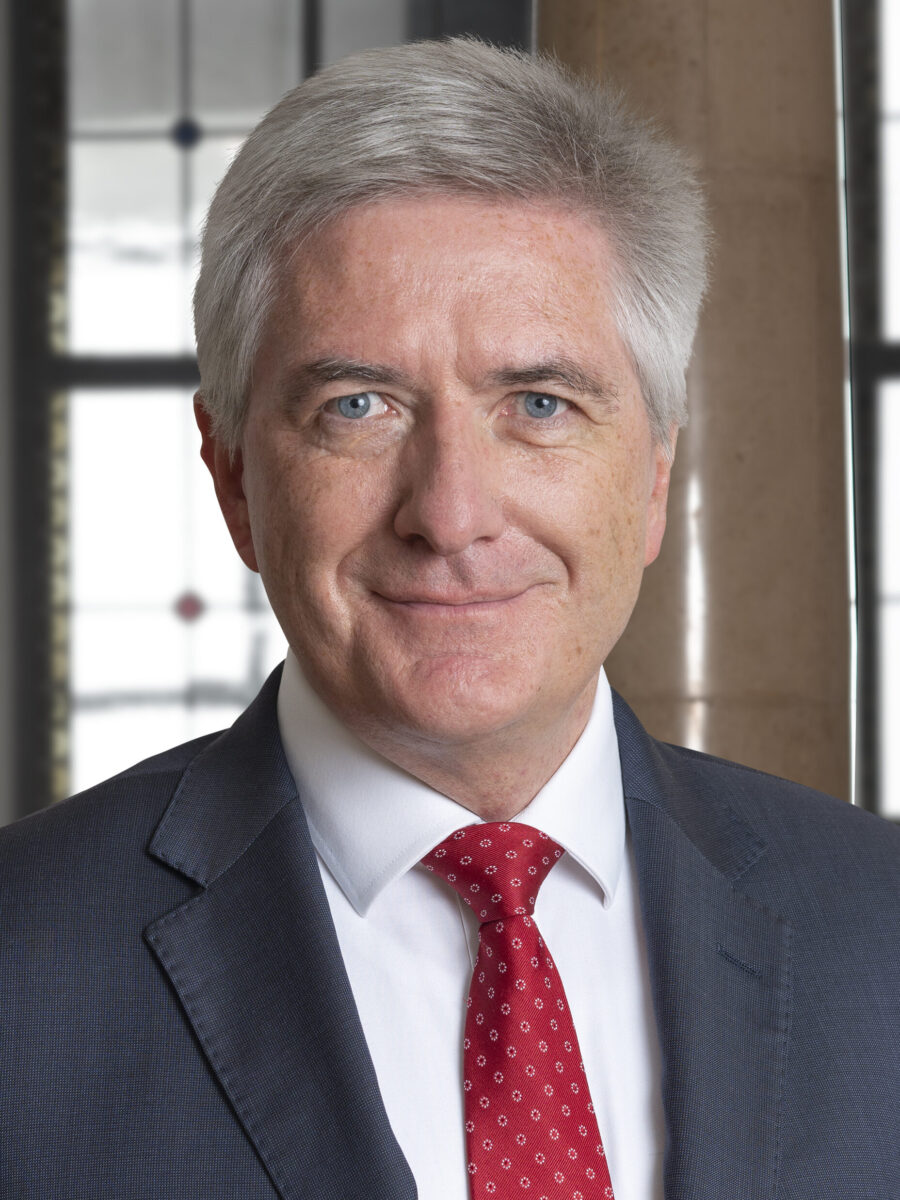
The third quarter of 2023 brought a lot of back and forth on capital markets. Significant changes occurred in commodities. Industrial metals and especially crude oil recovered markedly from the losses of the first half of the year. Stock markets moved in a volatile sideways manner after the strong first half of the year. The continued positive surprise in the US economy fuelled expectations of higher interest rates for longer. Expectations of swifter rate cuts were priced out. Bond yields, especially real yields, rose. All in all, markets now appear much more consistent than they did three months ago. In our view, they are more uniformly betting on no or a very soft landing for the US economy.
Whether this happens is likely to be the dominant theme in the fourth quarter. The impact of higher interest rates has so far been more muted than in past cycles, as the additional savings from the COVID-19 pandemic period, the record US budget deficit outside times of war and recession and the long-term, cheap corporate financing of recent years are still cushioning the impact. But these effects are not lasting. How severe the downturn will really be, will probably only be known much later and will depend on how quickly the Fed can lower interest rates again when the economy slows down. After all, the longer interest rates stay high, the more likely they are to have a stronger impact after all. A resumption of inflation – with a simultaneous economic slowdown – would probably be the worst scenario for markets.
Caution and a balanced positioning therefore remain appropriate for the time being in our view. The signs that we are late in the cycle and that the US economy is weakening are mounting. The labour market has begun to cool. Credit defaults and bankruptcies are on the rise. Recently, the stock markets have reacted positively to weaker economic data because this slows down the rise in interest rates. But this does not have to remain the case. If signs of a slowdown increase while core inflation continues to fall, as we expect, investors' focus should shift from inflation to economic growth. Markets should react more strongly to economic data, the third-quarter synchronisation of equities and government bonds should weaken and, after the underperformance of quality and growth equities in the third quarter, they could be in higher demand again.
Investor sentiment has deteriorated over the tough summer, but systematic investor positioning is still high as a sharp increase in volatility has so far failed to materialise. The markets thus remain more vulnerable to a more pronounced correction, with the month of October historically showing the highest volatility. Given the large number of risks, the upside potential for equities seems to remain limited for the time being.
In the Insights interview our fund manager Felix Stern talks about the attractiveness of euro bonds with shorter maturities and what sets the Berenberg Euro Target 2028 defined term fund apart. I wish you an exciting read.
Publisher




